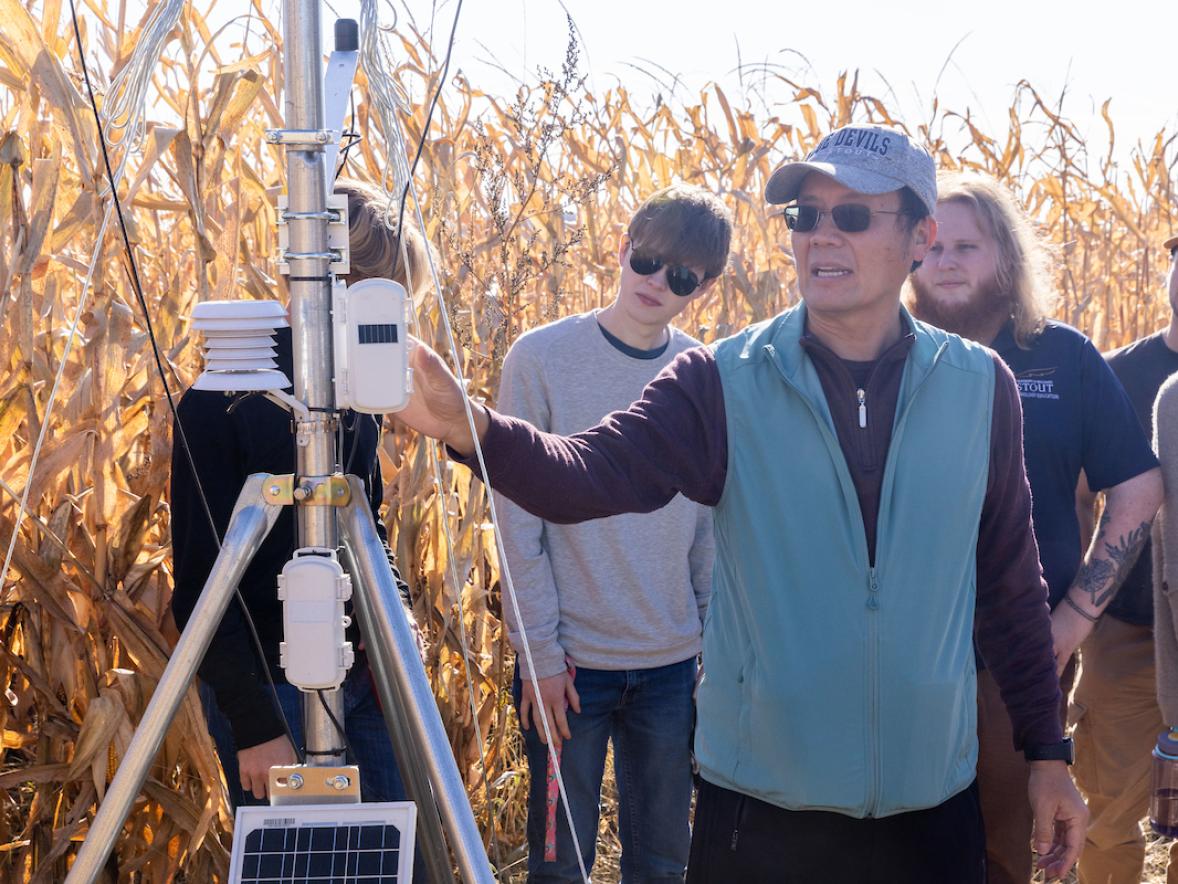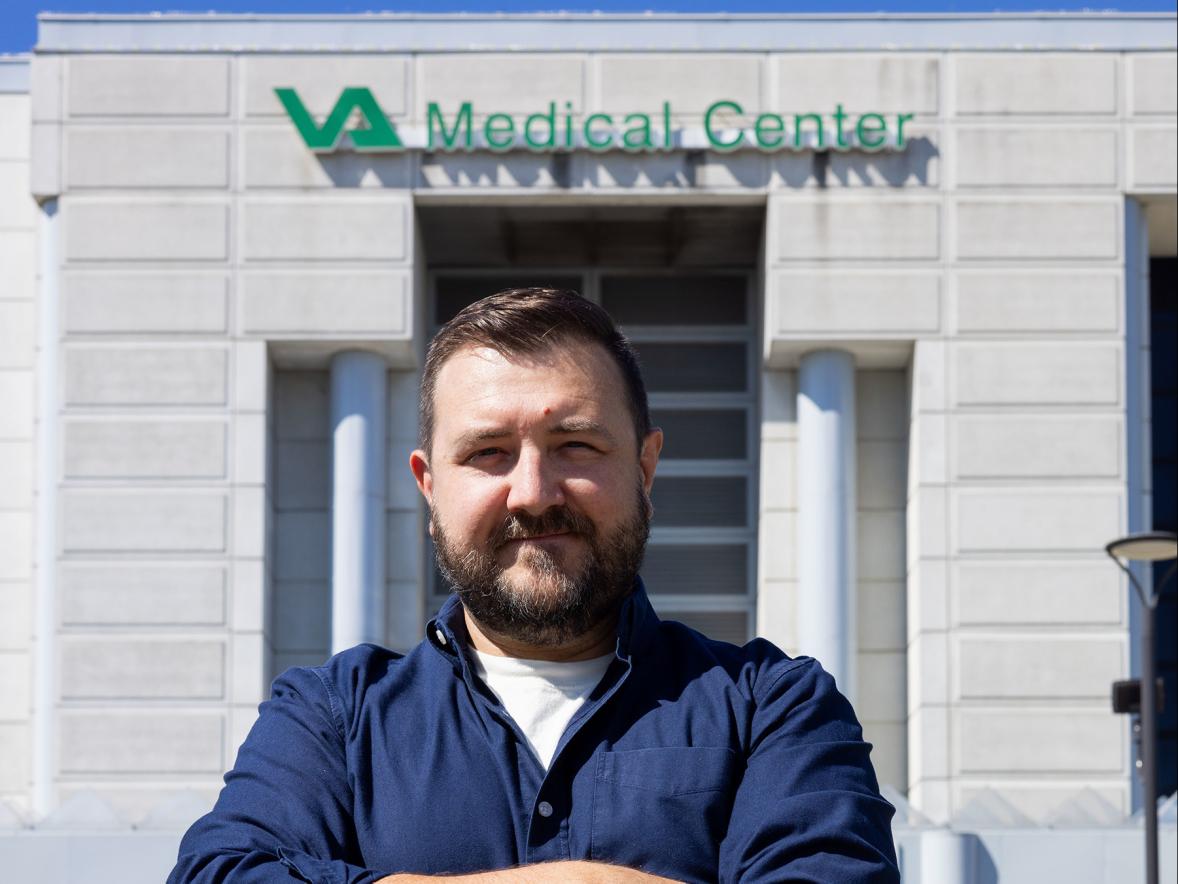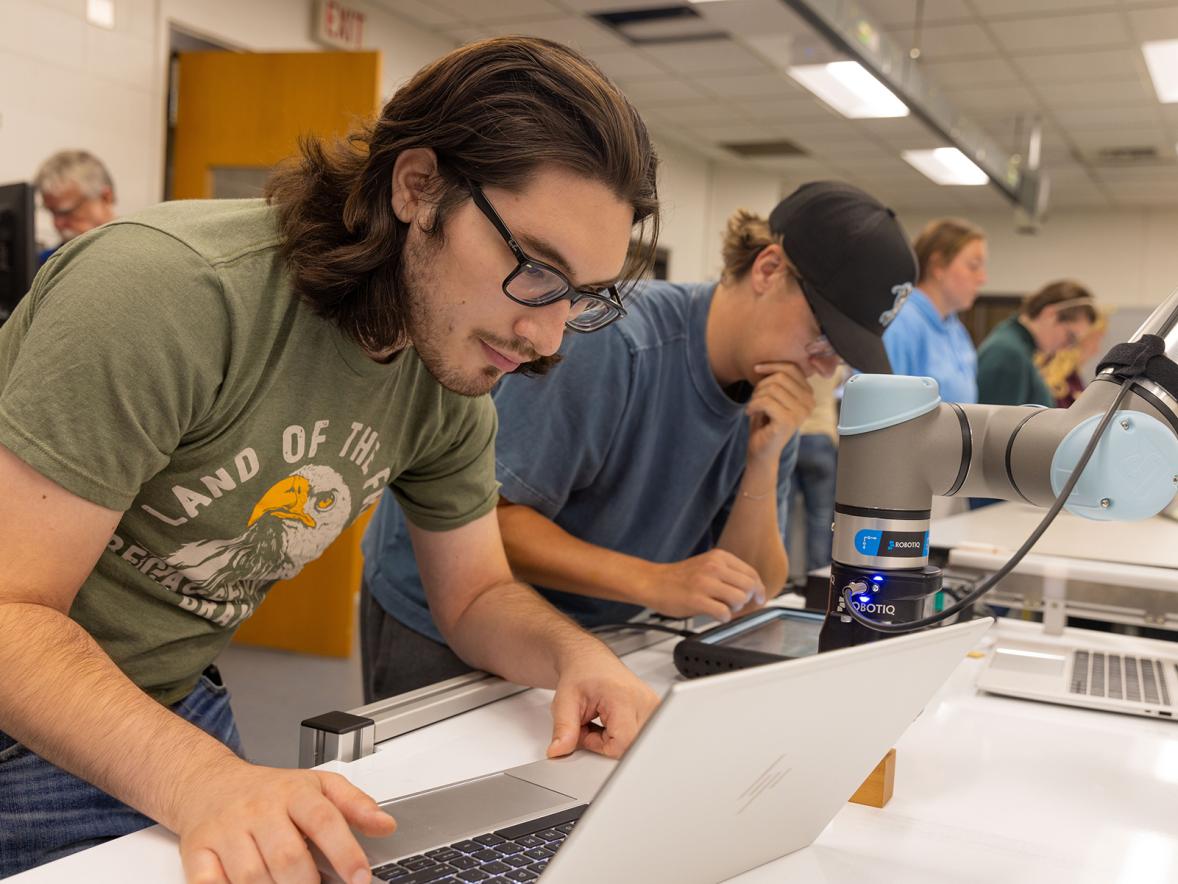How to attract and retain diverse teachers because of a growing shortage nationwide was the main topic of University of Wisconsin-Stout’s fifth annual Career and Technical Education Summit held recently.
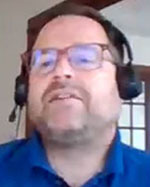 At the virtual conference June 23-24, David DeGuire, director of teacher education, professional development and licensing at the Wisconsin Department of Public Instruction, noted that 40% of teachers leave the profession in their first five years. Because of COVID-19, DeGuire estimates one in five are not planning to return in the fall.
At the virtual conference June 23-24, David DeGuire, director of teacher education, professional development and licensing at the Wisconsin Department of Public Instruction, noted that 40% of teachers leave the profession in their first five years. Because of COVID-19, DeGuire estimates one in five are not planning to return in the fall.
“We just don’t have enough teachers willing to teach in our schools,” he said. “We know we need CTE teachers.”
The future may be helped by a generation born from the late 1990s to the early 2010s by focusing on how teachers can positively change their community.
“Generation Z is really interested in making a difference and seeing a change,” DeGuire said. “We have to help them understand teaching is a great way to do that.”
Other ways to attract teachers may include connecting school district alumni who are interested in coming back and teaching; encouraging CTE instructors to recruit their own successor; looking at community members and veterans to fill the void; and creating opportunities for students to learn about a teaching career.
A panel of three UW-Stout alumni talked about their experiences as CTE teachers. Kathleen Thorn teaches business education at Colfax Middle School; Scott Sayles, teaches business and marketing at the Eden Prairie (Minn.) High School; and Andrew Kleiber is a technology education teacher at Winona (Minn.) High School.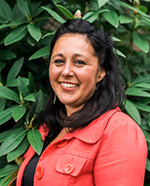
They were joined by Tracie Nielson, a business and marketing teacher in the Kenosha School District. UW-Stout’s Debbie Stanislawski, professor and program director of marketing and business education, moderated the panel.
Thorn, a first-year teacher this past school year, said her district has a mentor program that helps new teachers make suggestions or ask questions.
Sayles, who has taught about 3½ years, said new teachers are more inclined to stay in the profession if they feel like they’re part of the district and are involved in student programs. “Let them try new things and have a safety net if they do fall,” he said. “It makes new teachers feel valued.”
Kleiber encourages students who are excelling to teach other students. This helps them see teaching as a career option.
Thorn said she has requested teaching assistants to build relationships with students and show them that marketing and business education might be a great career to pursue.
Nielson decided to teach after working in the retail field. She took a nearly $20,000 pay cut but has found the career to be rewarding.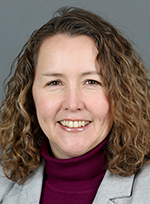
Keynote speaker Alex Manuel, executive director of the Washington State Professional Educator Standards Board, talked about educator shortage and educator diversity in the workforce. Encouraging paraeducators and those with certifications to become CTE educators can help fill the need. Immigrants with degrees from other countries are another potential pool of diverse teachers as well, she noted.
During the conference, current and former UW-Stout students also presented research:
- Pete McConnell, master’s in CTE student, on experience-based licensure
- Greg Benz, doctorate in CTE student, on career and technical education leadership with Deanna Schultz, associate professor and CTE program director for the master’s program
- Tricia Makowiak, master’s in CTE graduate, on online teaching strategies for CTE
- Alyssa Haynes, master’s in CTE graduate, on employer-sponsored certification training.
UW-Stout prepares CTE teachers for K-12 school districts through its undergraduate education degree in family and consumer sciences, marketing and business education and technology education. UW-Stout also offers a bachelor’s degree in career, technical education and training, preparing students to teach in post-high school settings such as community colleges, public and private technical colleges and industrial training programs.
The university’s Master of Science in career and technical education is for educators and industry professionals interested in gaining technical skills and advancing their careers. The Doctorate of Education in career and technical education prepares leaders who contribute to the vision, direction and administration of secondary or postsecondary educational programs.
###
Photos
David DeGuire
Alex Manuel
Debbie Stanislawski





